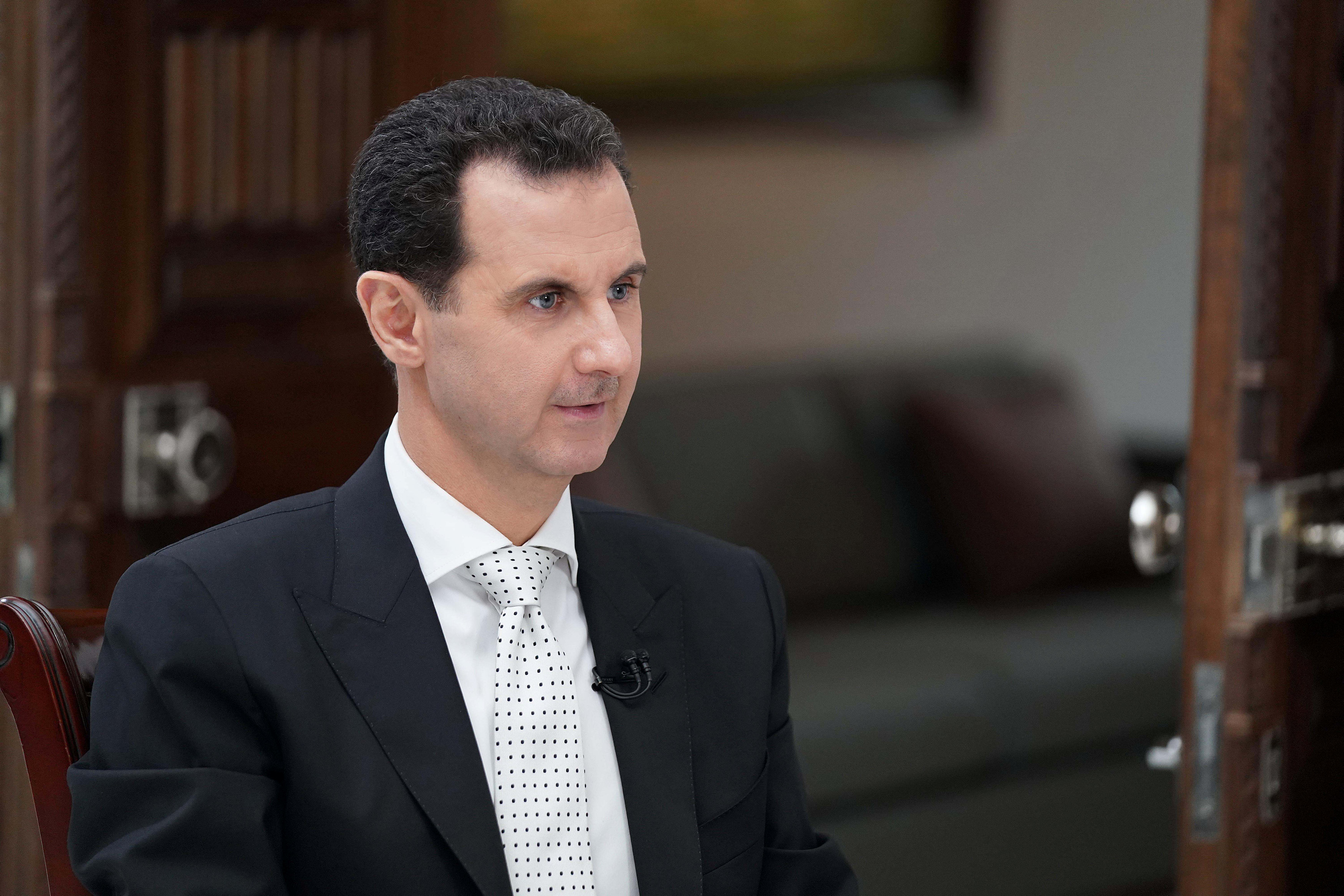
By Ece Toksabay and Gulsen Solaker
ANKARA (Reuters) – Tayyip Erdogan was sworn in again as Turkey’s president on Monday, assuming sweeping powers he won in a referendum last year and sealed in a hard-fought re-election victory two weeks ago.
Erdogan, who has dominated Turkish politics for 15 years, says the powerful new executive presidency is vital to drive economic growth, ensure security after a failed 2016 military coup and safeguard the country from conflict in Syria and Iraq.
“As president, I swear upon my honor and integrity, before the great Turkish nation and history, to work with all my power to protect and exalt the glory and honor of the Republic of Turkey,” Erdogan told parliament as he took the oath of office.
The introduction of the new presidential system marks the biggest overhaul of governance since the Turkish republic was established on the ruins of the Ottoman Empire nearly a century ago.
The post of prime minister has been scrapped and the president will now be able to select his own cabinet, regulate ministries and remove civil servants, all without parliamentary approval.
Erdogan’s supporters see the changes as a just reward for a leader who has put Islamic values at the core of public life, championed the pious working classes and overseen years of strong economic growth.
Opponents say the move marks a lurch to authoritarianism, accusing Erdogan of eroding the secular institutions set up by modern Turkey’s founder, Mustafa Kemal Ataturk, and driving it further from Western values of democracy and free speech.
NEW CABINET TO BE NAMED
Erdogan is expected to name a streamlined cabinet of 16 ministers on Monday evening after a ceremony at the presidential palace for more than 7,000 guests, including Venezuelan President Nicolas Maduro, Russia’s Prime Minister Dmitry Medvedev and Hungarian Prime Minister Viktor Orban.
No major Western leader was included on a list of 50 presidents, prime ministers and other high-ranking guests published by state news agency Anadolu.
Investors were waiting to see whether cabinet appointees would include individuals seen as market-friendly, and particularly whether Mehmet Simsek, currently deputy prime minister, would continue to oversee the economy.
“For the cabinet appointments in the past several years, the most important issue has been the presence of the current deputy prime minister, Mehmet Simsek,” said Inan Demir, a senior economist at Nomura International.
The lira TRYTOM, which is down some 16 percent so far this year and has been battered by concern about Erdogan’s drive for lower interest rates, firmed to its highest level since mid-June before falling back to stand at 4.61 against the dollar at 1350 GMT.
Erdogan has described high interest rates as “the mother and father of all evil”, and said in May he would expect to wield greater economic control after the election.
“We will take our country much further by solving structural problems of our economy,” he said on Saturday, referring to high interest rates, inflation and the current account deficit.
Inflation surged last month above 15 percent, its highest level in more than a decade, despite interest rate hikes of 500 basis points by the central bank since April.
(Editing by Dominic Evans and Gareth Jones)











